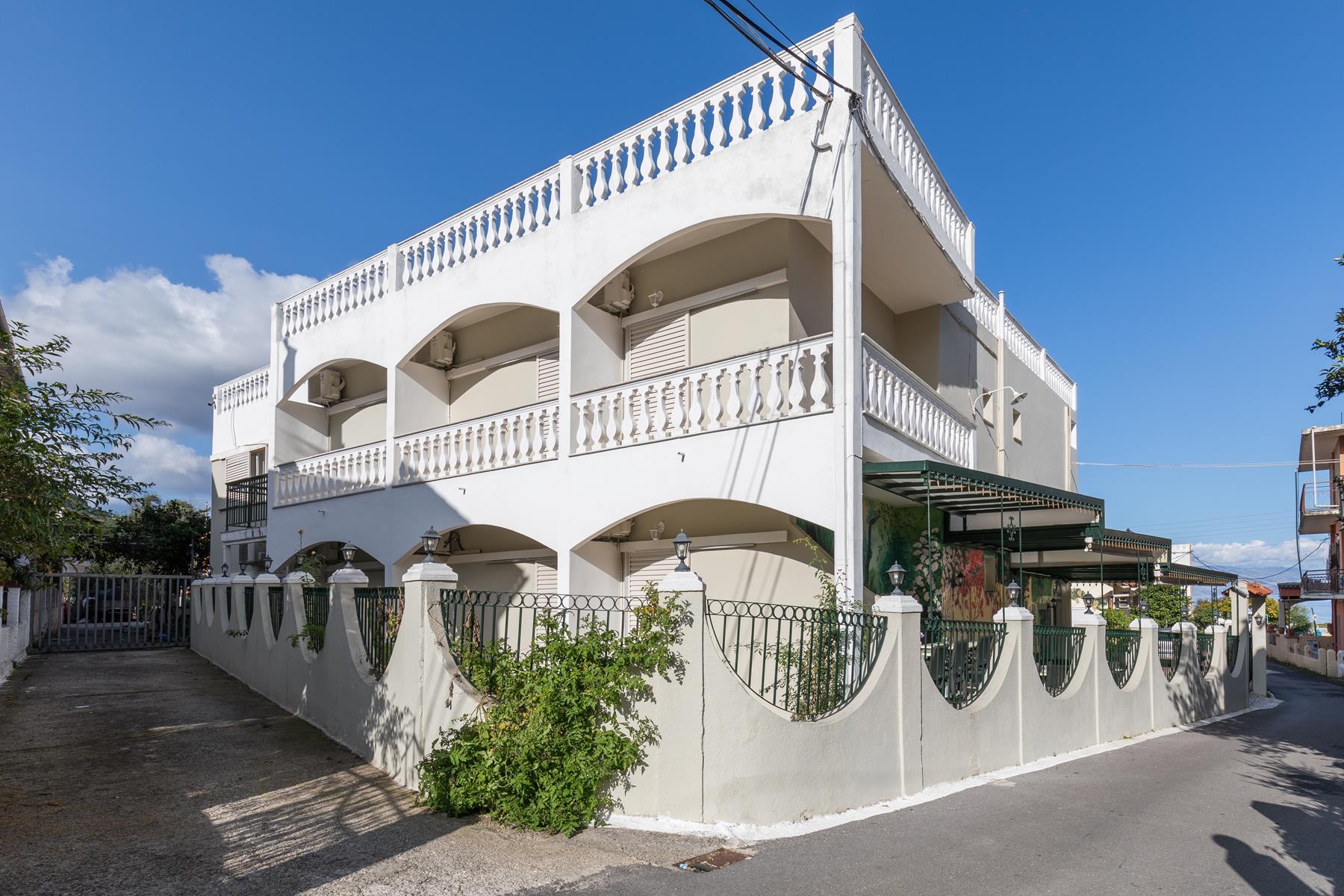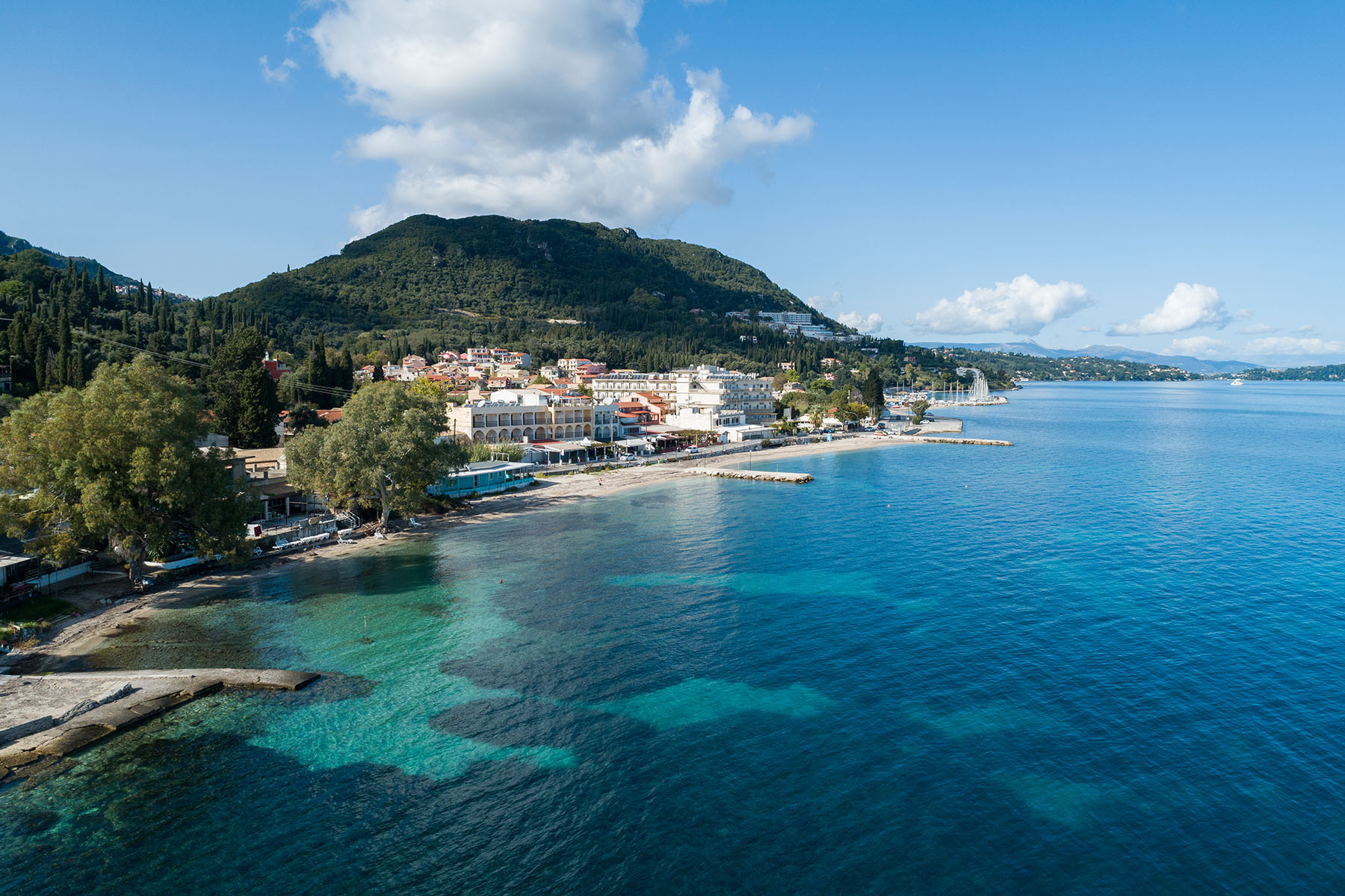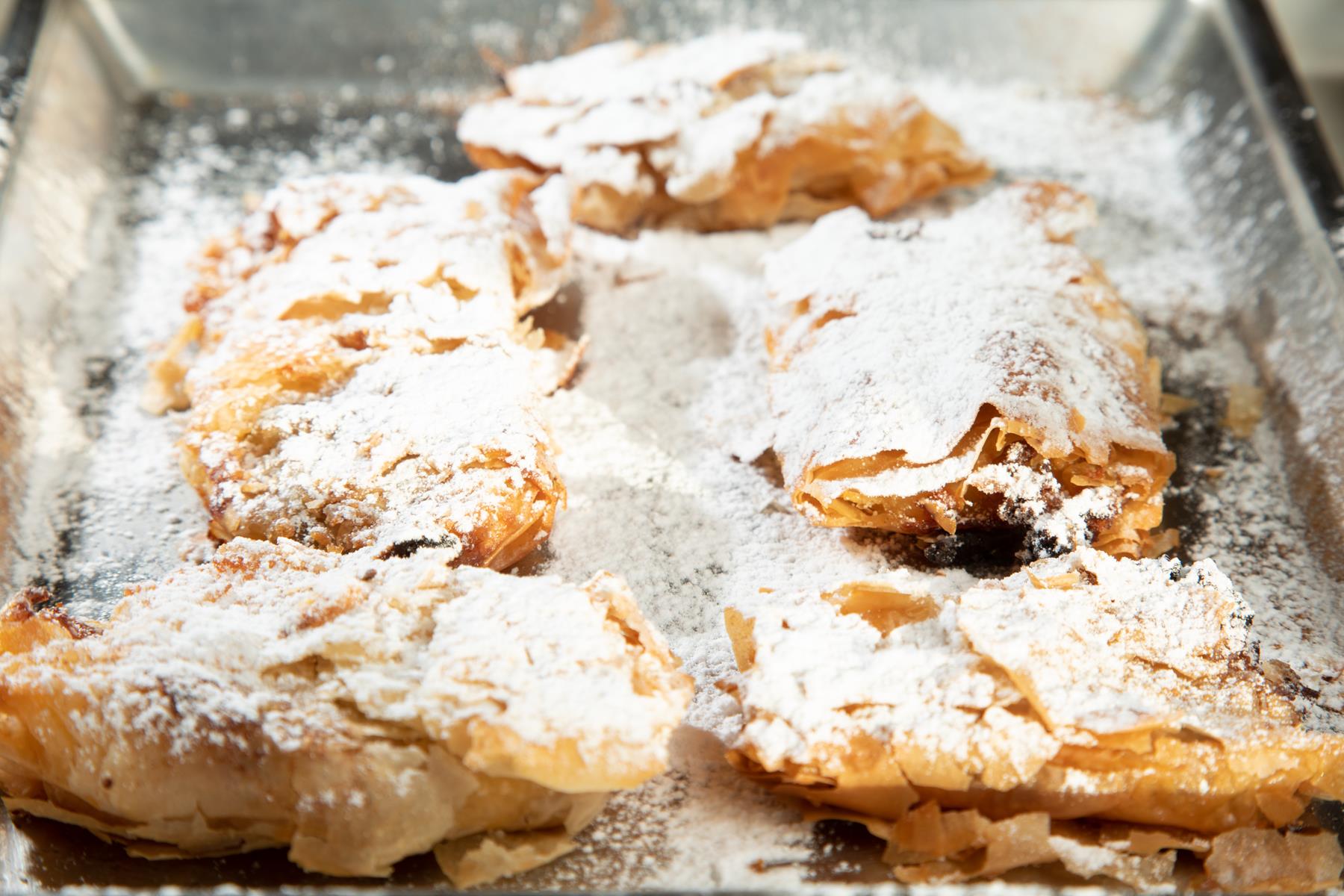History of Saint Spyridon
Saint Spyridon (270-348 AD) is honoured by both eastern and western Christian cultures. Saint Spyridon was born in Trimythous in Cyprus in 270 AD. As the son of a poor family, he had no formal education and earned his living as a shepherd. After the death of his beloved wife, he dedicated himself to the church, and eventually rose to be Bishop of Trimythous.
He was an integral part in the First Ecumenical Council of Nicaea (325 AD), where he countered the theological arguments of Arius and his followers. However, during the Maximilian persecutions, he was arrested and exiled. He lived the remainder of his life in Cyprus and continued to perform miracles until his death in 348 AD.
When the Saracens took over Cyprus, the Cypriots opened his grave in order to remove his sacred bones and transport them to Constantinople. As they exhumed the grave, to their surprise, they found that his body remained intact, and the scent of basil emanated from him. These were all taken as signs of proof of the sainthood he had exhibited during his lifetime.
When Constantinople fell in 1453 AD, a Corfiot elder brought Spyridon’s remains to Corfu. When the elder passed away, his three children inherited the remains. The sacred remains were passed down until they were eventually placed in a private church. The Saint was then transferred to his present church when the original church was demolished.
The locals believe that Spyridon was a holy man, and his presence still remains on the island today. It is believed that Spyridon is watching over the people, experiencing their pain, and protecting them from malady. It is believed the Saint drove away the Turks and saved the people from cholera, bringing grain for them to eat. It is because of this that offerings such as decorated slippers are made to St. Spyridon, so that he may walk beside the people as an omnipotent protector.
Spyridon’s right hand was kept in Rome for a time, however in 1986 the relic of Spyridon’s right arm was returned to Kerkyra. The relics of St Spyridon are carried in processions every Palm Sunday and on other special occasions for veneration by the faithful. All Philharmonic bands of Corfu also take part in these ceremonial events.












